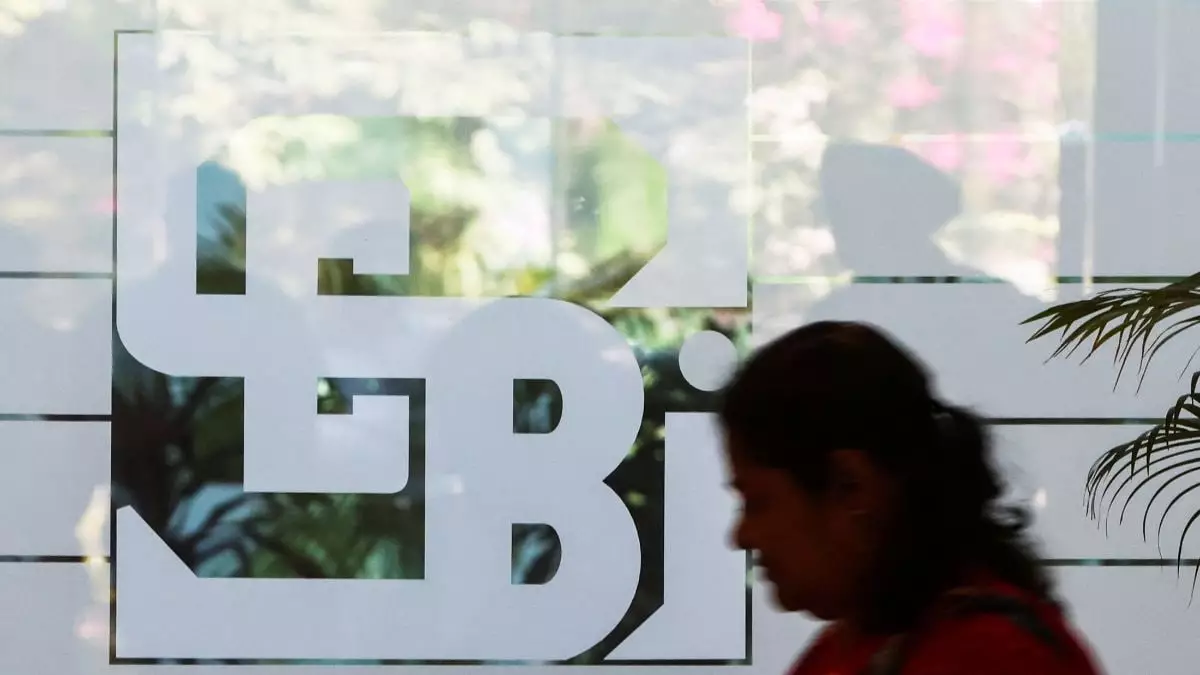In an era where digital communication channels have become dominant, the risk of fraudulent activities has surged dramatically. Recognizing this alarming trend, the Securities and Exchange Board of India (SEBI) has taken a decisive leap towards safeguarding investors by implementing stringent regulations on registered intermediaries aimed at curbing fraudulent advertisements on social media platforms. With a pointed focus on platforms like Google and Meta, SEBI’s new directive serves as a critical reminder of the need for accountability and transparency in securities marketing.
The recent rise in scams involving social media—from enticing promises of guaranteed returns to misleading trading courses—has highlighted a significant gap in regulatory oversight. SEBI has rightfully positioned itself as a guardian of market integrity by addressing the psychological tactics often employed by fraudsters. By clamping down on deceptive practices, the regulator is not merely reacting to circumstances; it’s setting a proactive standard for how financial services should be marketed in the online sphere.
Verification: A Step Towards Enhanced Credibility
One of the most significant measures introduced by SEBI involves requiring intermediaries to register their contact information, specifically their email addresses and mobile numbers, through the SEBI System of Intermediaries (SI) Portal. This strategic move forms a part of a broader verification process that ensures only legitimate, verified entities are allowed to promote their services on social media platforms. Such a method is a game-changer in the modern financial ecosystem, where misinformation can easily spread like wildfire.
The consultation with social media platform providers prior to this announcement emphasizes not just SEBI’s authority, but its collaborative approach in tackling market manipulation. By working hand-in-hand with these giants, SEBI is fostering a network of trust that will ideally lead to a more secure trading environment. This verification process is not just about filtering out the illegitimate; it is also about building a marketplace where verified intermediaries can thrive, thereby enhancing the overall quality of information available to investors.
Investor Protection and Market Transparency
In the wake of this regulatory development, the importance of protecting investors from predatory practices cannot be understated. By making advertising on social networks contingent upon proper registration and verification, SEBI is reinforcing its commitment to investor education and market transparency. It sends a clear signal that misleading advertisements will no longer be tolerated.
Digital platforms have democratized access to investment information, but this also includes a rise in unscrupulous entities looking to take advantage of inexperienced investors. SEBI’s initiative is a powerful countermeasure, potentially reducing the instances of fraud and ensuring that individuals can navigate the securities market with greater confidence. Furthermore, by mandating intermediaries to keep their information updated on the SEBI SI Portal until a set deadline, April 30, 2025, there is an ongoing expectation for compliance and diligence, encouraging a culture of responsibility.
The Path Forward: Challenges and Implications
While this initiative heralds a positive shift towards improved market integrity, it will face several challenges along the way. The effectiveness of such regulations will heavily depend on both compliance by intermediaries and the capacity of social media platforms to execute rigorous verification processes. There is also the necessity for ongoing investor education to ensure that target audiences are well-informed regarding these changes and understand how to distinguish between credible and dubious offerings.
SEBI’s proactive measures are strategic and necessary in today’s rapidly evolving market landscape. With enhanced verification and accountability, the financial sector can become a more transparent and secure environment for investors, empowering them to make informed decisions free from the shadows of fraud and deception.

